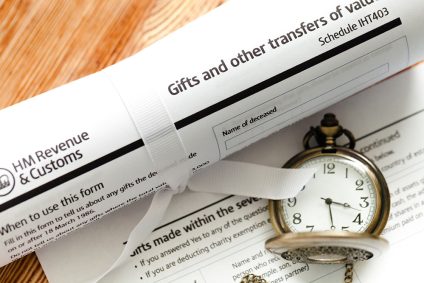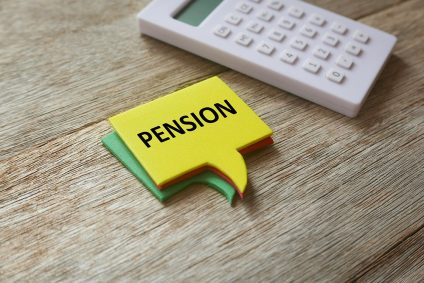Are you using higher rate pension tax relief before it’s too late?
Speculation is already mounting into whether higher rate pension tax relief will be abolished after the election. While this is a subject that is often debated in election campaigns, the argument now carries more weight.
Pensions minister Steve Webb has said: “I would be very surprised if the next government leaves [higher rate tax relief] alone. They will be looking for money…any chancellor will have to look at this pool of money. I’ve found the idea being increasingly well-received, both within and beyond the party.”
All pension savers are entitled to tax relief on their contributions which is paid at their highest rate of income tax. The 40% relief given to the highest earners – which costs £7 billion a year – has long been earmarked for a cut.
Mr Webb has championed a flat 30% rate of tax relief on pensions for all, saying he does not think it is right that ‘if I want to save £1 in a pension it costs me (as a higher rate taxpayer) 60p but someone working in my office, it costs them 80p (because they are a basic rate taxpayer)’.
Labour has already promised to cut pension tax relief for those earning £150,000 from 45% to 20%. Ed Balls, shadow chancellor, believes the move could raise £1.3bn a year, which would be used to pay for a job creation scheme.
Should you be making more pension contributions while the rate is still beneficial? Consider first your current contributions and be mindful of the strict limits to annual and lifetime savings.
To get specialist help with your pension call one of our advisers on 020 7636 7006.


